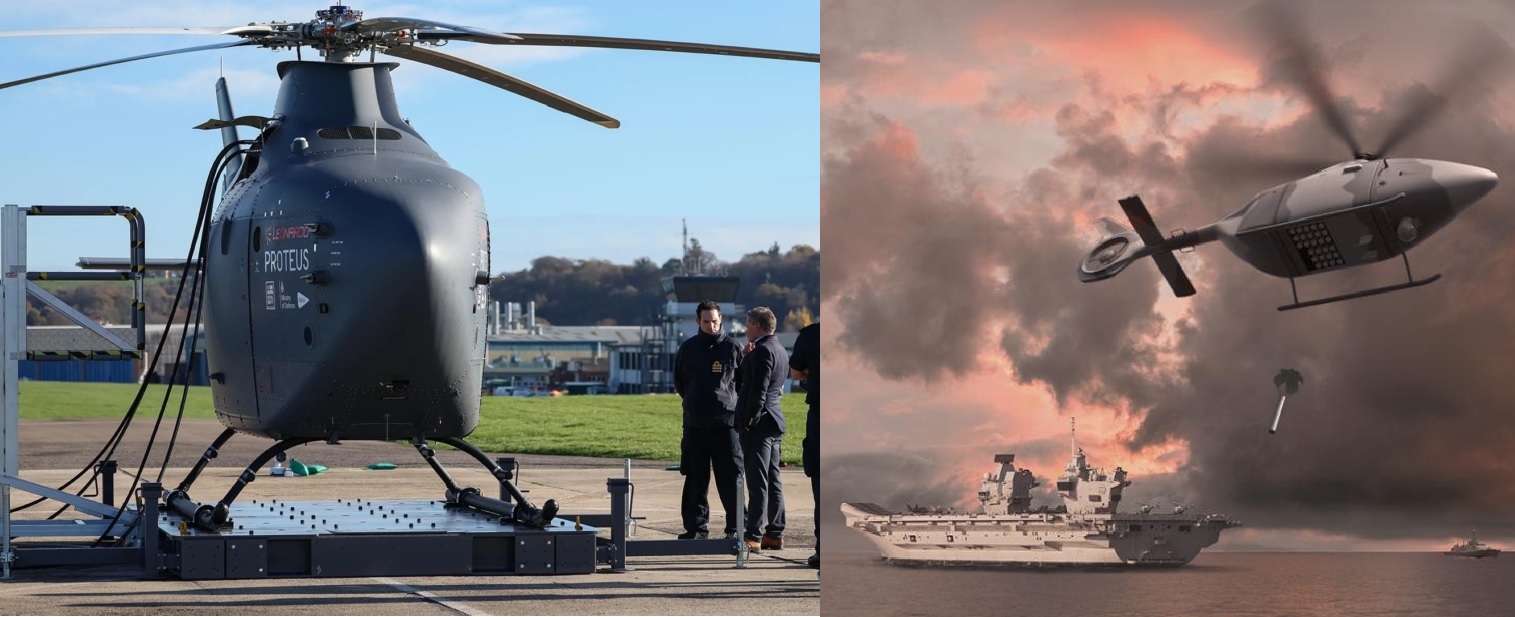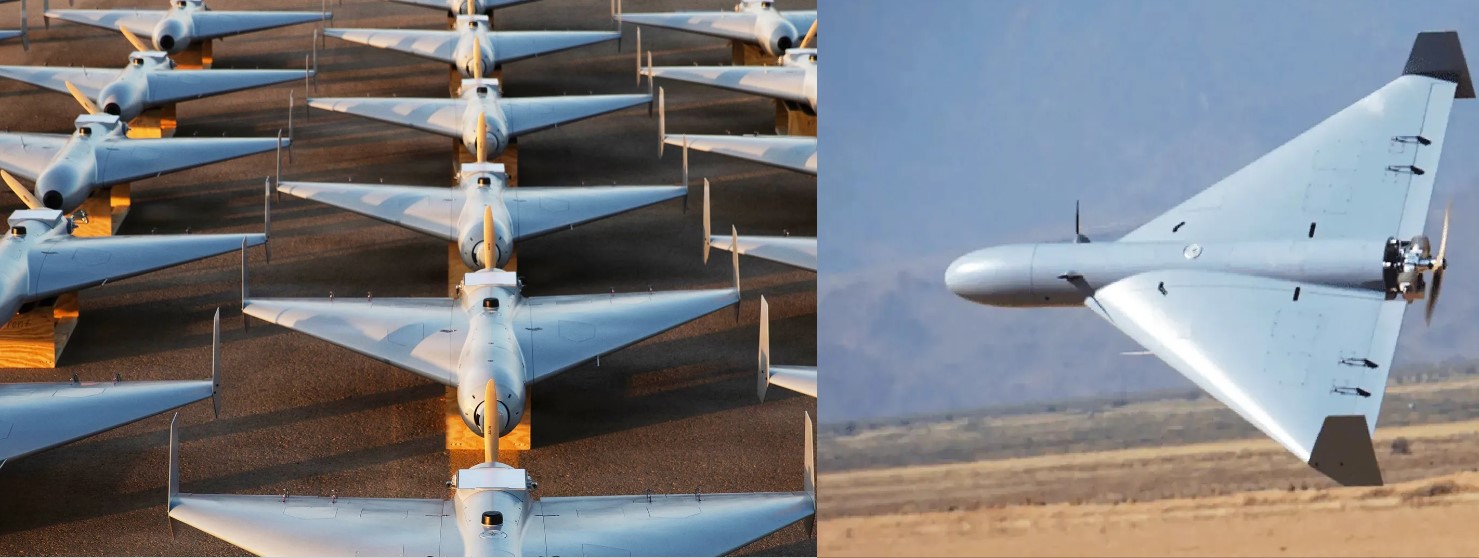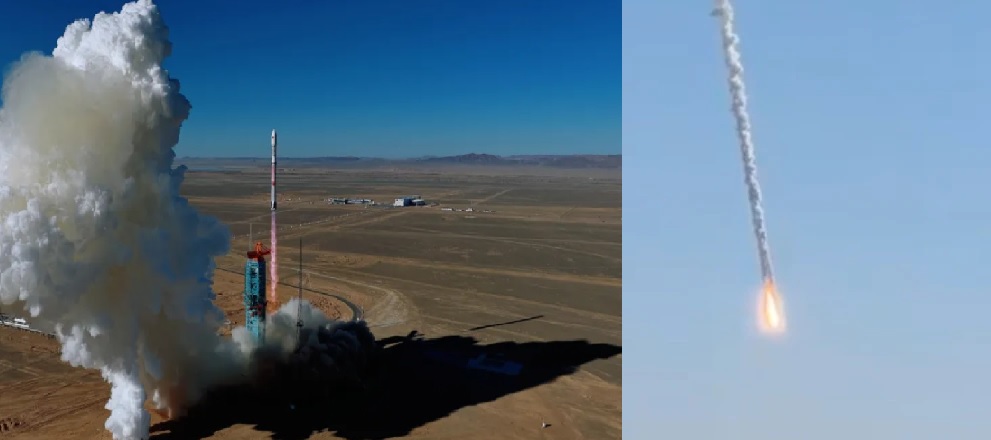France Restarts SCALP Missile Production After Ukraine Proves Its Battlefield Value

France has officially restarted the production of its long-range SCALP air-launched cruise missile, fifteen years after the last domestic order. The announcement was made on July 9, 2025, by French Defence Minister Sébastien Lecornu during a joint visit with UK Defence Secretary John Healey to MBDA’s missile production facility in Stevenage, United Kingdom. This marks a significant shift in France's defense posture and underlines the urgent need to rebuild depleted missile stocks and strengthen European strike capabilities.
The decision to resume manufacturing comes after the SCALP missile—also known as Storm Shadow in British service—proved its worth on the battlefield in Ukraine. Supplied by both France and the UK, the SCALP has played a critical role in helping Ukraine strike deep behind Russian lines. Its effectiveness in disrupting command posts, airbases, and ammunition depots has reaffirmed the importance of such precision-guided munitions in modern warfare.
What is SCALP?
SCALP, short for Système de Croisière Autonome à Longue Portée, is a long-range, air-launched cruise missile developed by MBDA. It is designed to strike high-value and heavily defended targets with pinpoint precision. The missile boasts a range of over 250 kilometers and is capable of flying at subsonic speeds using terrain-following techniques to avoid radar detection. It uses a Microturbo TRI 60-30 turbojet engine and can be launched from aircraft like the Dassault Rafale and previously, the Mirage 2000.
Technically, SCALP uses a blend of advanced guidance systems:
-
Inertial Navigation System (INS)
-
GPS assistance
-
Terrain Reference Navigation
-
Terminal Infrared Imaging Seeker combined with a digital scene matching system for final target lock-on
This layered approach allows the missile to penetrate defended airspace and strike with high accuracy, even under electronic warfare conditions.
SCALP in Ukraine: A Game-Changer
Ukraine began deploying SCALP/Storm Shadow missiles in mid-2023, launched from upgraded Su-24 fighter-bombers. These Western-supplied missiles allowed Ukraine to extend its strike reach far beyond what its artillery or tactical rockets could achieve. In multiple confirmed attacks, the missiles destroyed key Russian military infrastructure in Crimea, Donetsk, and Luhansk, including hardened bunkers and command centers. These attacks often penetrated heavily defended zones protected by Russian S-300 and Pantsir-S1 systems, exposing gaps in the Russian air defense network.
The missile’s effectiveness has not only forced Russian command centers to relocate but has also earned praise from Western military analysts. SCALP has enabled Ukraine to maintain the element of surprise and operate deeper into occupied territory with high precision and minimal collateral damage.
Why France Restarted Production
The success of SCALP in Ukraine highlighted two important factors:
-
Modern conflicts demand a ready stock of precision long-range weapons.
-
France and its European partners must ensure self-reliance and industrial readiness.
With battlefield usage increasing and existing inventories shrinking, France’s defense establishment acknowledged the pressing need to replenish its strategic reserves. By resuming SCALP production, France ensures that its forces—and its allies—are not left vulnerable in future contingencies.
Moreover, this move reinforces France’s commitment to the Franco-British missile partnership, which has long been a model of successful European defense cooperation. SCALP and Storm Shadow share a common design and continue to evolve together, with MBDA introducing upgrades for better electronic resistance, improved guidance systems, and compatibility with newer platforms like the Rafale F4 and the future FCAS (Future Combat Air System).
Restarting SCALP production sends a clear message: France and its allies are preparing for a new era of strategic competition and regional instability. The SCALP missile, once designed during the Cold War for deep-strike missions, has now proven its relevance in 21st-century conflicts. It is no longer just a deterrent on paper—it’s a combat-tested weapon that plays a decisive role in real-world scenarios.
This decision not only boosts France’s military readiness but also strengthens Europe’s defense industry and signals continued support for Ukraine's struggle against aggression. In an increasingly uncertain world, weapons like SCALP provide nations with the ability to shape the battlefield before stepping foot on it.
✍️ This article is written by the team of The Defense News.






